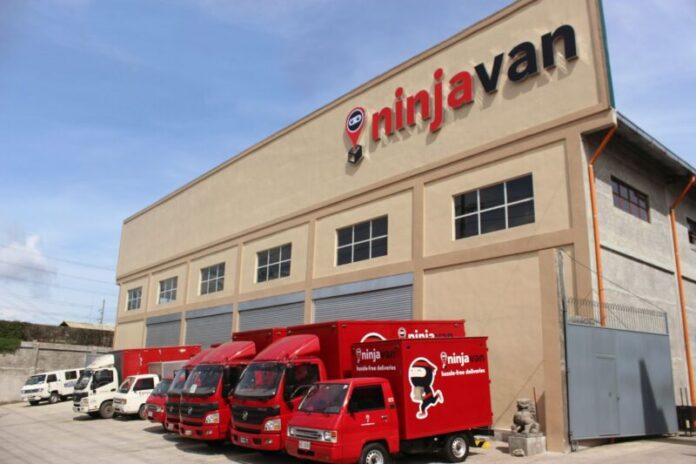
-
Funding for logistics start-ups that almost doubled year on year in 2021 likely peaked last year with late-comers benefitting from the funds in later-stage rounds
-
Transport Intelligence report says e-commerce’s explosive growth, along with capacity constraints and port congestion, has drawn investors to e-commerce logistics sector
-
Ti analyst Nia Hudson says investor interest in the start-ups analyzed may be cooling off as interest rates increase and e-commerce sales stabilize
Funds for logistics start-ups almost doubled year on year in 2021 as investors poured liquidity into the sector as e-commerce grew rapidly, but the market seems to have peaked last year with industry late-comers benefitting from the funds in later-stage rounds, Transport Intelligence reports.
Ti analyst Nia Hudson says e-commerce’s explosive growth, along with capacity constraints and port congestion that highlighted the relevance of supply-chain resilience in recent years, has drawn great investor interest in e-commerce logistics operations. This has been so in the largely untapped potential of emerging markets.
“When looking at some of the more prominent start-ups in the market, funding does seem to have peaked in 2021, with capital flowing to later-stage companies and later-stage rounds,” Hudson said in a brief about her report, “E-commerce start-up funding slows as recession looms.”
Hudson said several of the more prominent e-commerce logistics start-ups are situated in emerging markets in the Asia Pacific region, where e-commerce is still mostly in its infancy.
This is particularly the case in India (Delhivery, xpressbees, Ecom Express and ShipRocket) and Indonesia (SiCepat and Shipper), she said.
The analyst said there is much potential in logistics start-ups in these markets that can perhaps fill the gaps traditional logistics providers are unable or unwilling to address, by building own fulfilment and delivery networks.
Many start-ups operating in the e-fulfilment market have also reached unicorn status, such as J&T Express, Delhivery, xpressbees, Ecom Express, Ninja Van, ShipBob and Stord.
Several of these start-ups have announced initial public offerings. In 2021, J&T Express announced an IPO and plans to to list its shares on the Stock Exchange of Hong Kong.
Delhivery and Ecom Express have also announced similar plans, and there has been speculation Ninja Van will follow suit.
“Start-ups within this market, therefore, seem to be maturing rapidly in part due to recent influxes of cash. Start-ups seem to also be emulating incumbents through acquisitions to scale business,” Hudson said.
She cited For Example’s acquisition of Ruby Has Fulfilment in January 2022 in a deal that added eight fulfilment centers and more than 1.3 million square feet of warehousing space to the start-up’s portfolio.
However, as the economy enters a pronounced downturn, these start-ups have not escaped unscathed, Hudson said.
In Q3 2022, shares of Delhivery had dropped more than 32% to below its issue price starting in May, after the company posted muted quarterly business growth, the analyst said. The company is now reportedly mulling delaying its public listing, she added.
Ecom Express has also put its initial IPO plans on hold since it struggled to raise money from new investors. Reports had it that Stord and Shipbob have also reportedly laid off staff amid macroeconomic headwinds.
Hudson said investor interest in the start-ups analyzed may be cooling off as interest rates increase and e-commerce sales stabilize.
According to GeekWire, 2022 has seen a steep decline in venture capital funding due to rising interest rates and declining financial returns.
“As a global recession looms, it remains to be seen how start-ups within this space will fare in the coming year,” Hudson concluded.




